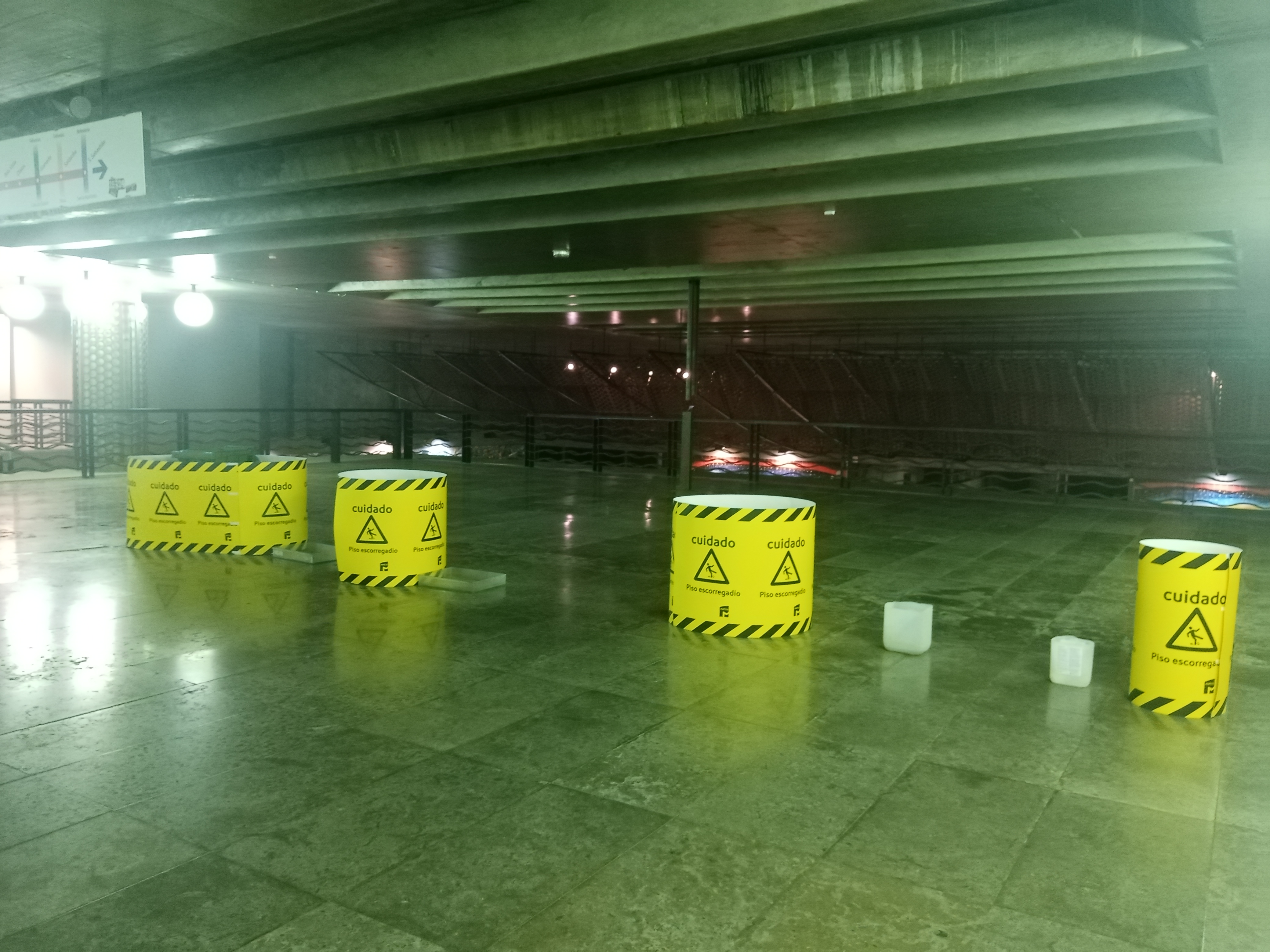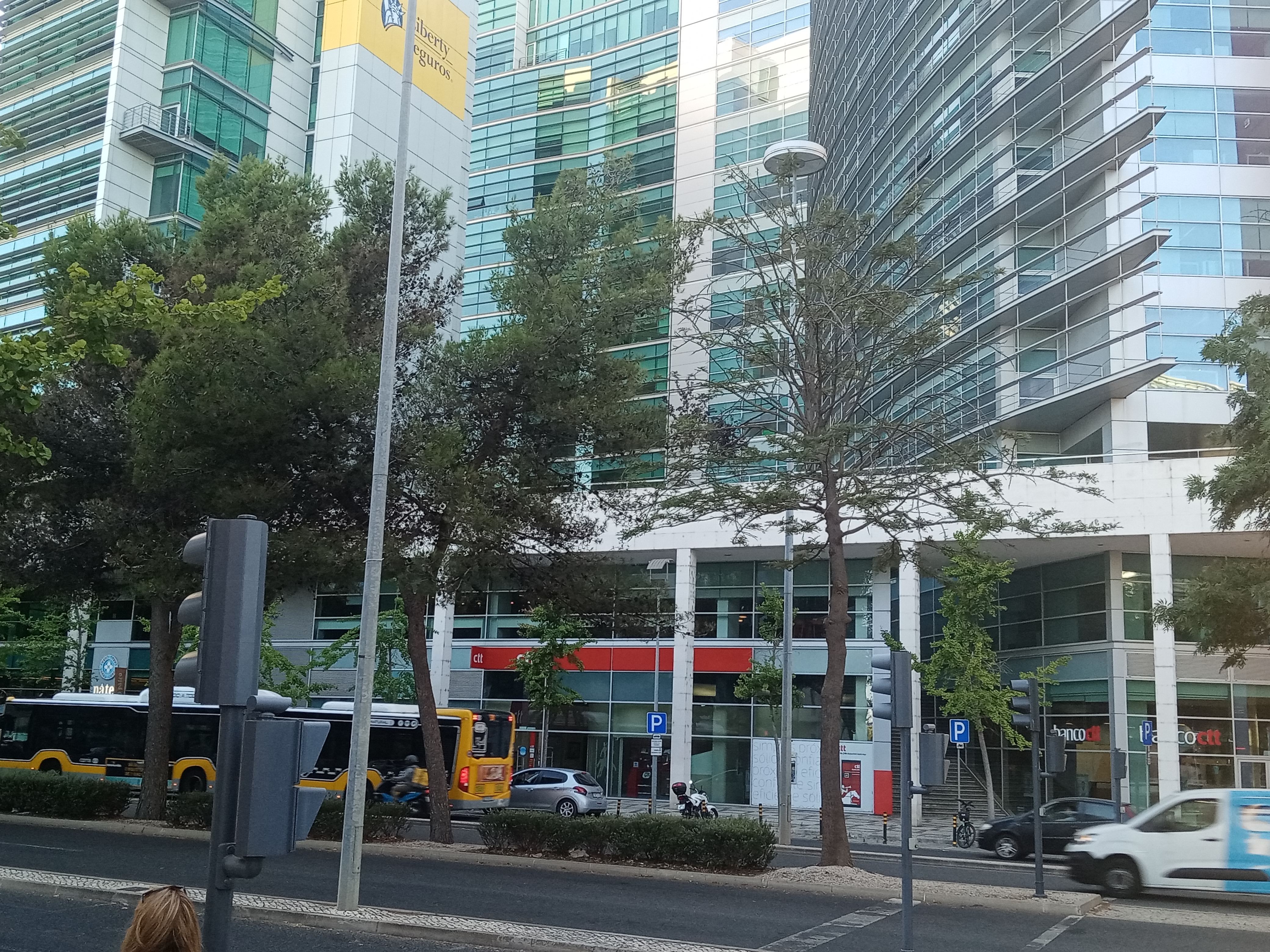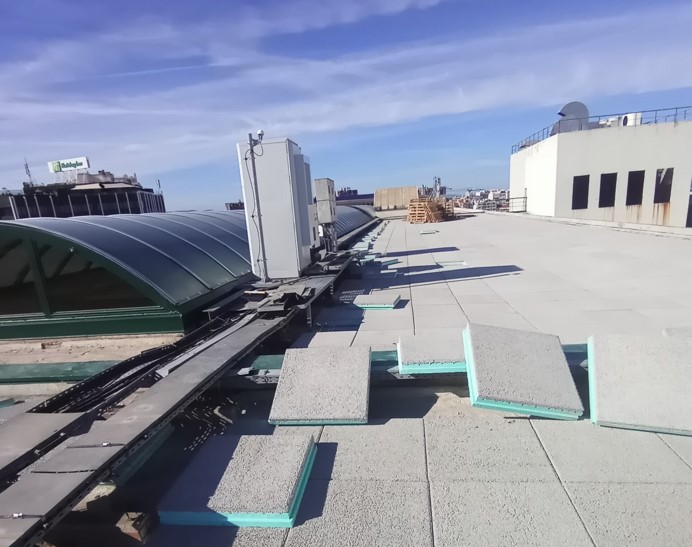
Events
Multiplier Event 4: Final conference in N.Macedonia
Multiplier Event 5: Final conference in Greece
Multiplier Event 6: Final conference Spain

Activities

Risk assessment
Adapting buildings and infrastructures to climate change and extreme weather events involve making decisions based on available climate projections and several sources of datasets, plans, and maps. Trainees will assess built environment climate change vulnerabilities and risks based on different climate types and geographic settings.

Digitalisation in construction
Building Information Modeling (BIM), Internet of Things (IoT), 3D Laser Scanning and 3D Printing, Big Data Analytics, Augmented Reality and Drones are some of the innovations that can bring high benefits to construction. In the module, trainees will explore how to use these new technologies and their applications.

Energy efficiency and economic assessment
Trainees will learn to comply with the EU Energy Performance of Buildings Directive, the EU Energy Efficiency Directive, and the Nearly Zero Energy Buildings. In addition, they will also learn to apply energy efficiency improvements and be able to assess economic gains and positive externalities.

Nature-based and waste-based solutions
Nature-Based Solutions (NBS) and waste-based solutions can improve resilience to extreme weather events and lower energy consumption. The module aims to integrate good practices and create a favourable framework for the emergence of local projects, focusing on NBS, circularity, and responsible waste management.

Insulation materials
Conventional solutions will be analysed, for example, ETICS (external thermal insulation composite system) with different layers of thermal insulation (e.g., expanded or extruded moulded polystyrene, mineral wool, expanded black agglomerated cork). Innovative solutions will also be presented, such as aerogel-based renders, and vacuum insulation panels, among others.

Ecodesign and social needs
Ecodesign sets common minimum standards across the EU to remove substandard products from the market, reduce environmental impacts and achieve energy savings through better design. At the end of this module, the trainees will be able to support the decision-making process toward a more sustainable built environment and assess the environmental and social impact of the building life cycle in different contexts and sectors.
To reduce the environmental impact of a building it is useful to be able to measure and quantify its performance and compare different options. There is a wide range of rating schemes and assessment tools that measure different aspects of building sustainability.
Rating tools provide assessment methods and benchmarks that can be used to set minimum regulatory standards and can encourage better levels of practice that go beyond those minimum standards. Some rating tools help us to better understand how human behaviour affects a building’s environmental performance.






